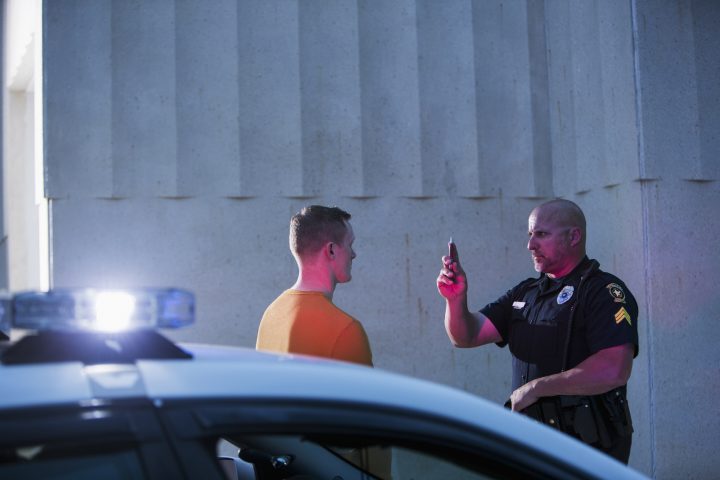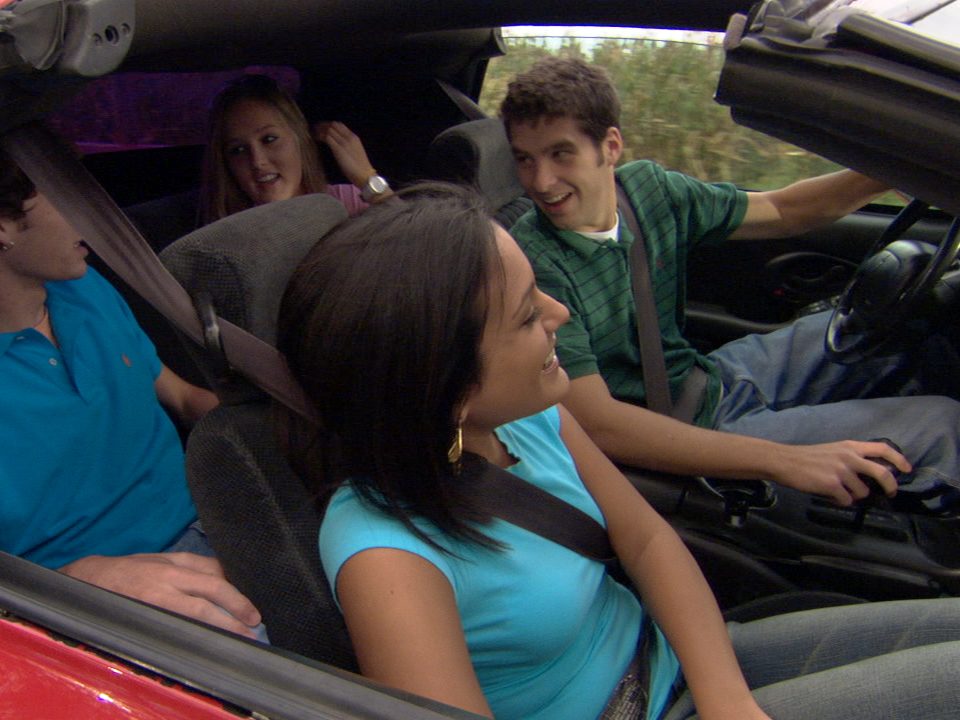- WE SAVE LIVES
- info@wesavelives.org

Drunk vs Drugged Driving is Not a Contest
May 17, 2017
The Safest Way to Celebrate the 4th of July
June 26, 2017As the opioid crisis metastasizes and marijuana continues to be legalized across the country, drug use is on the rise. And as these substances become more common in everyday life, they also become more common on the road.
While drunk driving remains a serious concern—other threats are mounting on our roadways. According to a new report from the Governors Highway Safety Association and the Foundation for Advancing Alcohol Responsibility, 43 percent of drivers involved in fatal crashes tested positive for some sort of drug—legal or illegal. And with the rise of smartphones and touch screen displays inside automobiles, people are distracted more than ever while driving.
As the founder of Mothers Against Drunk Driving (MADD) and We Save Lives, I can attest that there is a new kind of madness on the roads. And new approaches are needed to save lives.
Unfortunately, the necessary debate on how to solve these new challenges isn’t happening in earnest. Some in the traffic safety community are distracted by an issue that, in my opinion, will do little to stop the carnage on our roads: lowering the drunk driving arrest threshold from .08 to .05.
When I founded MADD drunk driving was socially acceptable. It wasn’t unusual for a police officer after pulling over a swerving drunk driver to send them home with an admonishment. Those law enforcement officers who did take the crime of DUI seriously often complained they were at a disadvantage when it came to arresting drunk drivers. District attorneys consistently pled these cases down to reckless, judges didn’t hold impaired drivers accountable and the existing laws were not being enforced. As a result of this mentality many lives were unnecessarily lost, including my daughter, Cari. In the more than 35 years since MADD was founded, we as a country have made tremendous strides fighting drunk driving and saved countless lives.
I have talked to numerous police officers and prosecuting attorneys who tell me that lowering the BAC to .05 is a waste of time for a number of reasons: these drivers are harder to detect, juries won’t prosecute and district attorneys do not like to prosecute losing cases, and according to Steve Talpins, now chairman and CEO of the National Partnership on Alcohol Misuse and Crime. “The vast majority of people below .08 will pass a field sobriety test”. Instead of focusing on legislation that will do little if nothing to impact the problem of impaired driving we should focus on getting the high BAC drivers off the road and into programs such as ignition interlocks and the 24/7 program that monitors compliance and provides an immediate consequence if the offender fails to comply. Ironically, according to a new report from the Traffic Injury Research Foundation, Utah has the lowest ignition interlock compliance rate in the country. If the Utah legislature focused on ensuring that more drunk drivers in the state were installing these devices as mandated, then Utah might really make some progress in its fight to make the roads safer.
We also need to pursue effective strategies that tackle serious life-threatening issues such as distracted and drugged driving not to mention drowsy driving which is now on the rise. “The National Highway Traffic Safety Administration conservatively estimates that 100,000 police-reported crashes are the direct result of driver fatigue each year.” (The National Sleep Foundation) Utah should be outfitting every police department with roadside oral fluid tests. These devices can halt drugged drivers in their tracks by providing law enforcement the tools they need to test a suspicious driver at roadside and get him or her off the road, quickly, easily and effectively thereby providing more protection for the innocent driver on the roadway. (We Save Lives.) You can still talk on a cellphone in Utah without penalties, yet using a cellphone or bluetooth is like driving with a .08 BAC. (University of Utah https://quotewizard.com/auto-insurance/cell-phones-like-driving-drunk-for-motorists)
Anyone who works in traffic safety knows that most highway deaths are not caused by drivers with low blood alcohol content levels. Many of these deaths are the result of drivers with substance abuse disorders. Focusing finite resources on casual drinkers instead of drug and alcohol abusers is a miscalculation with deadly consequences.
Since 1980 when I founded MADD drunk driving deaths have plummeted by more than 50 percent. We made drunk driving socially unacceptable by holding them accountable for their crimes. Neither MADD nor We Save Lives supports lowering the BAC to .05.
We do not have the time to waste on ineffective laws and policies when there is so much more we can do that will have a real impact and really save lives.
The conversation on .05 is a distraction. And people are already distracted enough.
 Life is too precious to waste it on a cell phone conversation or a drink before driving.
Life is too precious to waste it on a cell phone conversation or a drink before driving.
Because we care . . . . .
Candace Lightner
President of WeSaveLives.org and founder of MADD
Resources: We Save Lives, Triple AAA, National Safety Council and CDC (Centers for Disease Control and Prevention), Foundation for Advancing Alcohol Responsibility, (FAARS)




